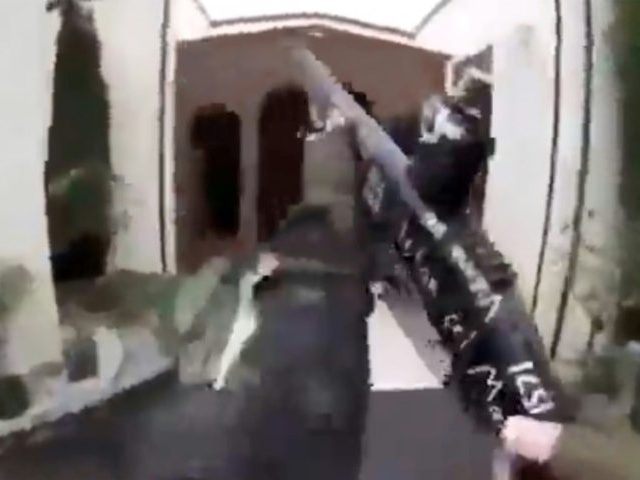Facebook has rejected calls for a time delay feature on Facebook Live videos, after the Christchurch mosque massacre was livestreamed on the platform.
As reported by Business Insider, “Time delays are regularly applied during live television, helping broadcasters bleep out unsavory language or deal with unexpected events that may take place while the cameras are rolling,” however Facebook expressed opposition to the idea on its platform.
In an official Facebook blog post, Facebook’s Vice President of Product Management, Guy Rosen, declared, “We are re-examining our reporting logic and experiences for both live and recently live videos in order to expand the categories that would get to accelerated review,” however he rejected calls for a time delay feature.
“Some have asked whether we should add a time delay to Facebook Live, similar to the broadcast delay sometimes used by TV stations. There are millions of Live broadcasts daily, which means a delay would not help address the problem due to the sheer number of videos,” Rosen responded. “More importantly, given the importance of user reports, adding a delay would only further slow down videos getting reported, reviewed and first responders being alerted to provide help on the ground.”
In the blog post, Rosen also claimed that, “In the first 24 hours, we removed more than 1.2 million videos of the attack at upload, which were therefore prevented from being seen on our services. Approximately 300,000 additional copies were removed after they were posted.”
Last week, it was reported that Facebook, Google, and Twitter all struggled to crack down on videos of the massacre, and Facebook reportedly used “experimental audio technology” to detect and subsequently remove copies of the video.
Internet Service Providers in New Zealand have banned websites which host copies of the video, and one 22-year-old reportedly faces up to ten years in prison for sharing it.
Charlie Nash is a reporter for Breitbart Tech. You can follow him on Twitter, or like his page at Facebook.

COMMENTS
Please let us know if you're having issues with commenting.